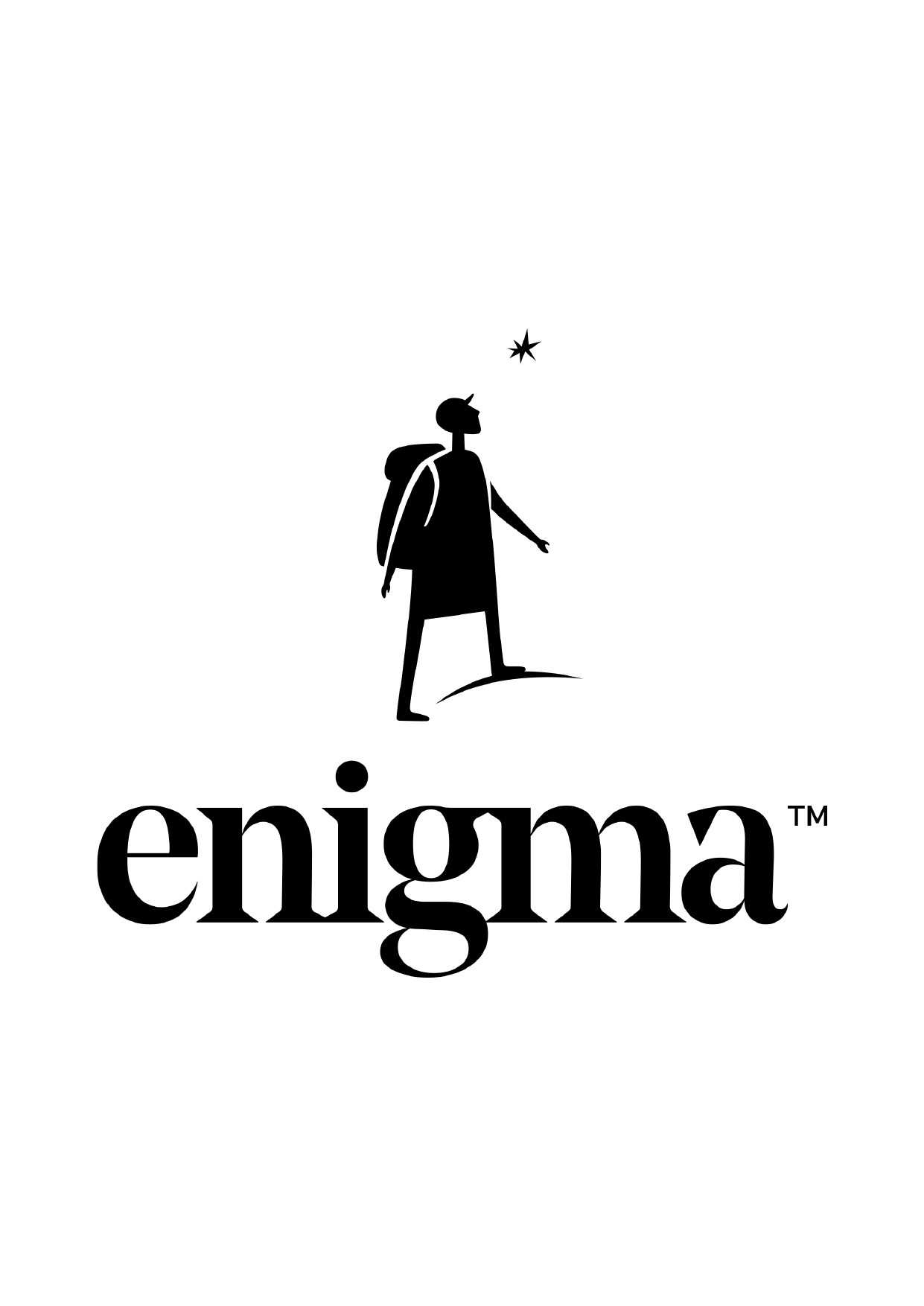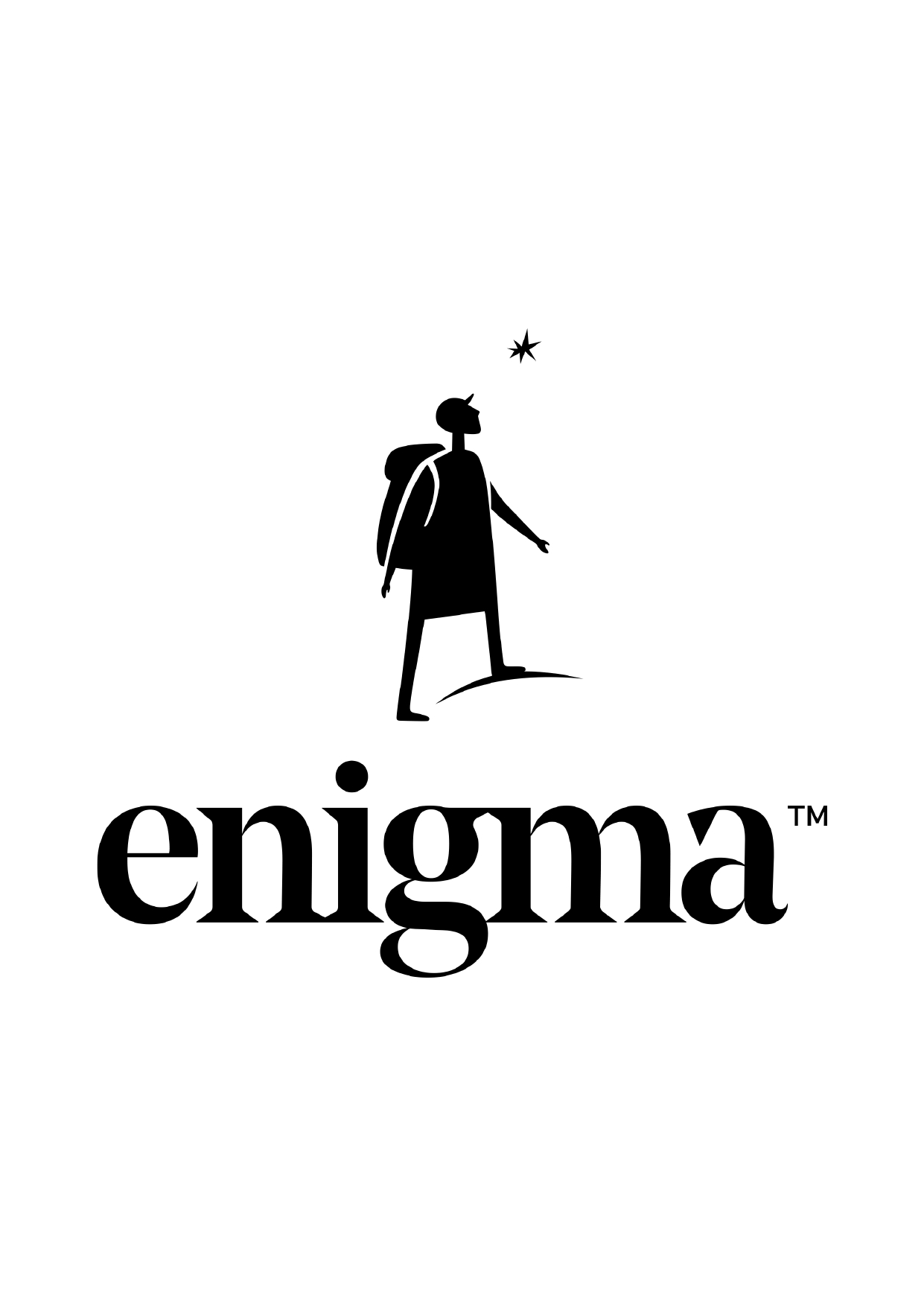

Enigma

Cusco, Peru
March 2022
Travel agency & related
Service with Significant Environmental Footprint
Peru
ENIGMA is a DMC specialized in the design and implementation of tailor-made private experiences and journeys in Peru, seeking excellence in attention and service to their clients and based on four fundamental pillars: 1. Responsible Operation: focused on the constant improvement of their practices, to generate the least negative impact on their immediate operating environment and maximize the positive one 2. Social commitment: caring for and growing consciously and respectfully together with the local communities with which they work, prioritizing local employment and the generation of sustainable initiatives 3. Respect for the environment: protecting, caring for and raising awareness of the need to preserve the riches of Peru for all travelers visiting them 4. Protection of the Cultural and Ancestral Heritage of Peru: through the appreciation and promotion of cultural diversity, the development of experiences that are genuine expressions of Peruvian culture, the meeting with and support of communities that safeguard traditions and ancestral wisdom with maximum respect and the promotion of fair trade Enigma believes in the transformative capacity of travel experiences to generate greater awareness, tolerance and respect between human beings and the planet in which we live.
Overall B Impact Score
Governance 18.6
Governance evaluates a company's overall mission, engagement around its social/environmental impact, ethics, and transparency. This section also evaluates the ability of a company to protect their mission and formally consider stakeholders in decision making through their corporate structure (e.g. benefit corporation) or corporate governing documents.
What is this? A company with an Impact Business Model is intentionally designed to create a specific positive outcome for one of its stakeholders - such as workers, community, environment, or customers.
Workers 30.4
Workers evaluates a company’s contributions to its employees’ financial security, health & safety, wellness, career development, and engagement & satisfaction. In addition, this section recognizes business models designed to benefit workers, such as companies that are at least 40% owned by non-executive employees and those that have workforce development programs to support individuals with barriers to employment.
Community 25.0
Community evaluates a company’s engagement with and impact on the communities in which it operates, hires from, and sources from. Topics include diversity, equity & inclusion, economic impact, civic engagement, charitable giving, and supply chain management. In addition, this section recognizes business models that are designed to address specific community-oriented problems, such as poverty alleviation through fair trade sourcing or distribution via microenterprises, producer cooperative models, locally focused economic development, and formal charitable giving commitments.
What is this? A company with an Impact Business Model is intentionally designed to create a specific positive outcome for one of its stakeholders - such as workers, community, environment, or customers.
Environment 27.4
Environment evaluates a company’s overall environmental management practices as well as its impact on the air, climate, water, land, and biodiversity. This includes the direct impact of a company’s operations and, when applicable its supply chain and distribution channels. This section also recognizes companies with environmentally innovative production processes and those that sell products or services that have a positive environmental impact. Some examples might include products and services that create renewable energy, reduce consumption or waste, conserve land or wildlife, provide less toxic alternatives to the market, or educate people about environmental problems.
Customers 4.1
Customers evaluates a company’s stewardship of its customers through the quality of its products and services, ethical marketing, data privacy and security, and feedback channels. In addition, this section recognizes products or services that are designed to address a particular social problem for or through its customers, such as health or educational products, arts & media products, serving underserved customers/clients, and services that improve the social impact of other businesses or organizations.